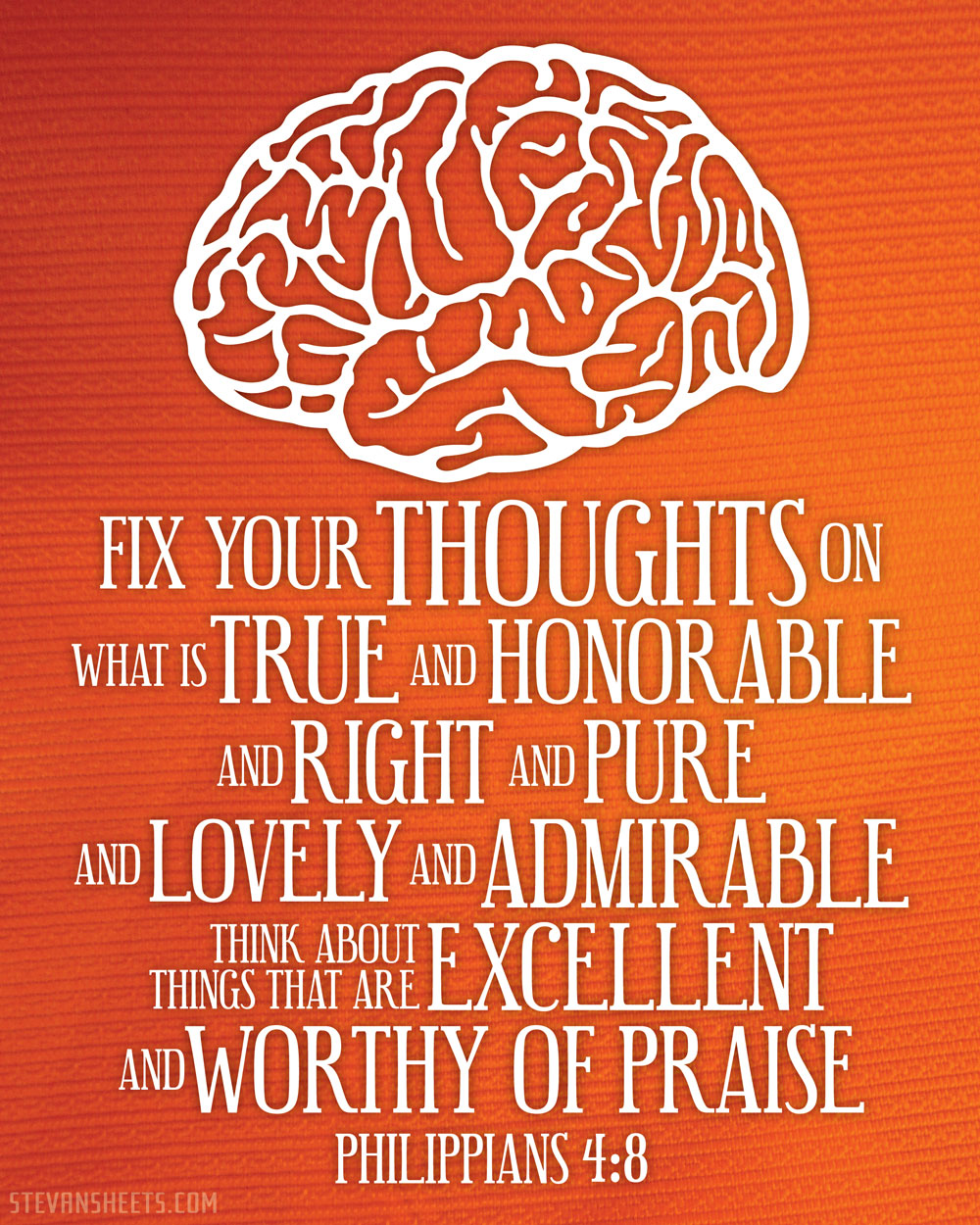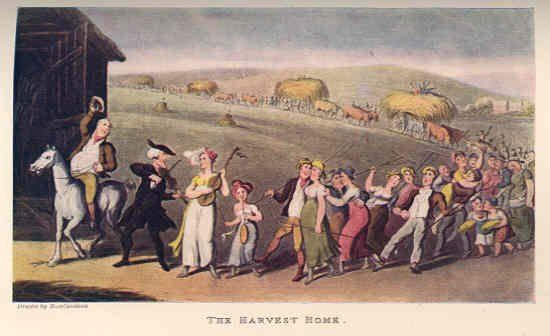Isaiah 40:21-31
Psalm
147
1 Corinthians 9:16-23
Mark
1:29-39
When I was in seminary, I had a
professor who had no arms. He had been born with a birth defect, and over the
course of his life had learned to do with his feet many of the things that the
rest of us do with our hands. After a while you didn’t notice much different
about him, even when he’d sit at the lunch table and pick up his fork with his
toes.
I went to seminary in New York City.
There was a woman who used to stand on the sidewalk in front of Bloomingdale’s
and shout, “Help me. I’ve got cerebral palsy. Help me. I’ve got cerebral
palsy,” over and over again. I think she was asking for money, but since I
never stopped to ask her what kind of help she wanted, I don’t really know.
Also, when I was in seminary, I went
to a service commemorating “disability awareness week” or something like that. It
was at the Chapel of the Church Center for All Nations – at the United Nations
-- an expansive place, which welcomes all kinds of worshippers. The celebrant
was an Episcopal priest who served the deaf community. One young man stands out
in my memory – he was the preacher, a disability rights advocate. He was an
amputee, I think. I know he refused to wear prosthesis – artificial limbs –
because he had no interest in making those of us who were “fully abled” feel
more comfortable with his disability. He also refused to use those metal
crutches with arm holders that many people use – again on the grounds that they
served to make “able-bodied” people feel more comfortable because they could
categorize him as “disabled.” He preferred using wooden crutches, like anyone
would use.
All these stories, along with
today’s Gospel story of the healing of Simon’s mother-in-law, raise these
questions: what is sickness? What is health? What does it mean to be healed?
Last week, we read of how Jesus cast
the demons out of a man possessed by what we today might call mental illness.
In the words of the old hymn, Jesus “re-clothed him in his rightful mind.” He
restored him to wholeness. He cast out those outside forces which had invaded
the man, and gave him back himself. No longer was he possessed by those alien
forces; he could return to the rest of society, to his community and his
family, as himself, restored, healed.
Whatever fever Simon’s mother-in-law
has, it must be serious. The normal remedies must not be working. They way she
is isolated and alone, even in the house, makes us think that perhaps they had
given her up for dead. When Jesus touches her, healing happens, but not healing
like we would think of a doctor making a house call. Jesus doesn’t administer
an antibiotic, or apply leeches, or mix a poultice, or shake a magic rattle.
Jesus touches her, and yes, she is relieved of the fever, but look what happens
then: she is restored to her family. She joins the party. She gets up and helps
serve. She regains her place of honor and dignity. She is no longer a patient;
she is a person. She is restored, healed.
In those three stories of my
seminary days, I think I learned that “healing” is not just about an individual
who “gets better.” I don’t think there is a “cure” for cerebral palsy, nor can
someone without limbs grow them back. Healing, for those people, challenges our
definitions – OUR definitions – of wholeness. Wholeness is not perfection.
Wholeness is not some idealized state of no flaws. Wholeness is about being
human, fully human, being a full member of the human race. The sick person is
isolated; the healed person, no matter what his or her state of disability may
be, is restored from that isolation to wholeness, to community, to family and
friends. The healed person is a productive and needed and loved member of
society. This is what Jesus means by healing: those who were outcast, who were
suffering and alone, are brought back inside the fold. Healing is not just
“fixing an illness;” it is restoring a person to being, once again, a whole
human being who has meaning and value and a place in the community.
Many of us wonder, and I know I have
felt this way, when we are sick or in trouble, why me, why I am sick? What have
I done to deserve this? Why can’t Jesus help me? Where is the healing in my
life?
It is hard to climb out of those
pits; no doubt about it, and there certainly are some things about our lives –
all of our lives – that we don’t like, and like it or not, that will never
change. We can stay there, carrying all those grudges, nursing all those hurts.
We can perpetuate our isolation, thinking we are all alone in our troubles, and
no, Jesus isn’t going to walk through that door and make everything better – or
at least “better” in the way we think “better” ought to be defined.
But listen to this: we have what
Jesus had. We have the promise from God that things will be better,
that they
are better. “Have you not known,” Isaiah writes. “Has it not been told you from
the beginning?” We have the same promise from God that Jesus knew, that God
gives power to the faint, and strength to the powerless – that God calls all –
all of us – by name, and not one is missing: not the woman with cerebral palsy,
shouting outside of Bloomingdale’s, not my professor who ate with his feet, not
the disability activist who refused to hide his amputated limbs. Simon’s
mother-in-law is there, and the man possessed by demons, and you, and, you and
you, and you, and me. Everybody who is home sick today; everybody who is just
too tired to get out of bed. We’re all there, called by God, called by hope,
pulled out of our isolation and aloneness. This is what God promises us: with
wings like eagles, we shall run and not be weary; we shall walk, every one of
us, we shall walk and never grow faint.














